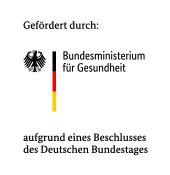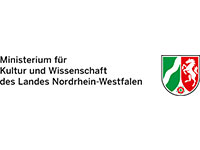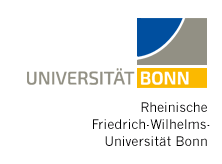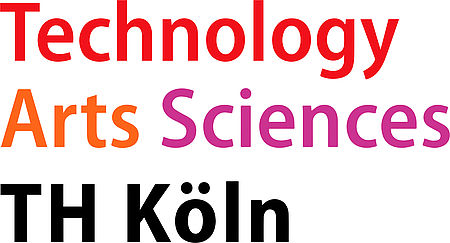Pre-conference Workshop of IPC2015: Why Nutrition and Health Claim Applications Fail - Common Shortcomings versus Best Practice - Interactive Workshop
Pre-conference Workshop
Why Nutrition and Health Claim Applications Fail - Common Shortcomings versus Best Practice
Date: 22nd June 2015 Place: Marriott Hotel, Budapest
The workshop will focus on the regulatory aspects of nutrition and health claims in relation to the requirements of the European Food Safety Authority (EFSA).
Chaired by: Yolanda Sanz, Vice-chair, Panel of Members on Dietetic Products, Nutrition and Allergies (NDA), EFSA
Co-chaired by: Elinor McCartney, European Union Food Legislation Expert
Participants, using case studies and working through relevant exercises in teams will learn the secrets of success with EFSA in a relaxed and informal environment. No previous experience of EFSA nutrition and health claims applications is required. Introduction to nutrition/health claims and novel foods: The first session will summarise briefly the history of the nutrition & health claims regulation, common deficiencies in application dossiers, and the main problems encountered by applicants. Novel foods and other relevant legal categories will be defined.
- Participants will have the opportunity to evaluate which types of claims fall within the scope of the nutrition & health claims regulation, and which do not.
- Participants will work through exercises to help identify when candidate foods are also novel, requiring a pre-market safety assessment.
EFSA guidance documents on nutrition & health claims: In this session participants will work on with EFSA guidance documents for specific types of claims in order to identify the types of claims, wordings and target populations most likely to figure in a good quality application dossier:
• Gut & immune function,
• Antioxidants, oxidative damage & cardiovascular health,
• Appetite ratings, weight management & blood glucose concentrations,
• Bone, joints, skin & oral health,
• Physical performance,
• Nervous system & psychological functions.
EFSA dossier project management: This session will challenge participants to form effective project management teams, identifying key players for best results.
Case studies: Teams will work together on case studies, including prebiotics, probiotics, botanicals and essential fatty acids. Participants can also propose real case studies for group discussion, if desired.
Study design: This session will invite participants to criticise and improve study designs intended to generate data to support an EFSA health/nutrition claim: in vitro, ex vivo, in vivo.
Who to come: Scientists, researchers, technical supports, regulatory teams involved in the development and presentation of nutrition and health claims dossiers for the European Food Safety Authority.
Why to come: Get an update on the current state of EFSA’s approach to nutrition and health claims related to food, novel food, dietary supplements, nutraceuticals. You may also learn about the usual pitfalls and the way how to avoid them prior to EFSA rejection. Case studies will be used for demonstration.
Particpants may submit their own case prior to the event anonimously.
NB! For the convenience of those arriving 22nd June morning, the Workshop will start at 13:00.
In case you are already registered for IPC2015 and would like to participate at the Workshop, contact us through info@probiotic-conference.net
To register for the Workshop click HERE.
We are looking forward to meeting you at IPC2015 in Budapest.












